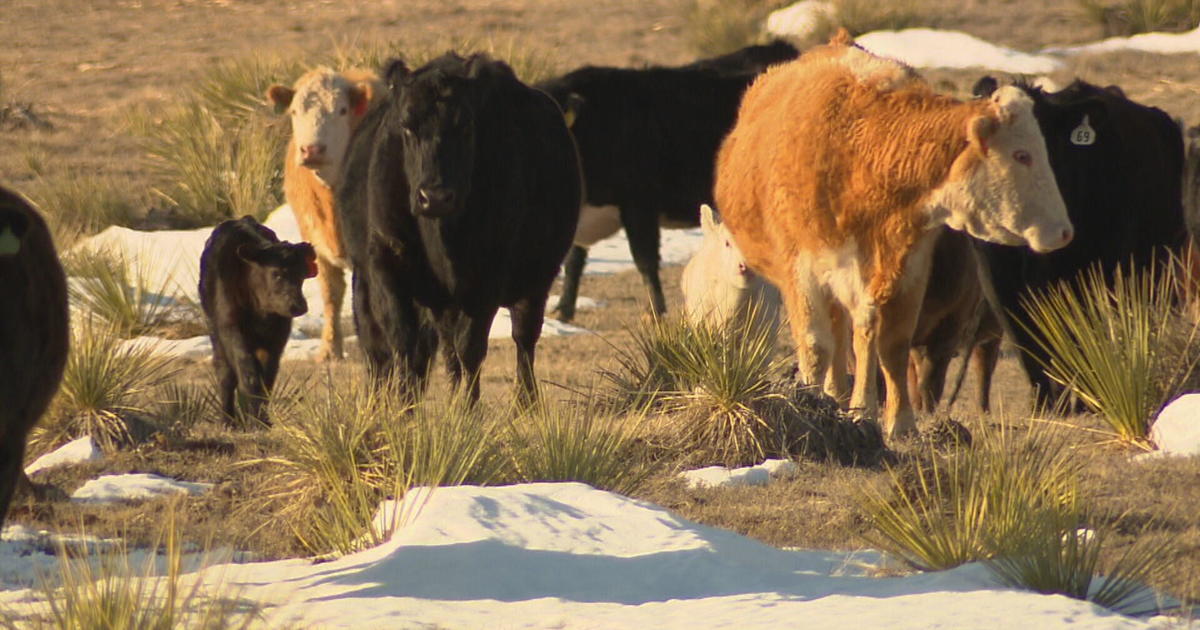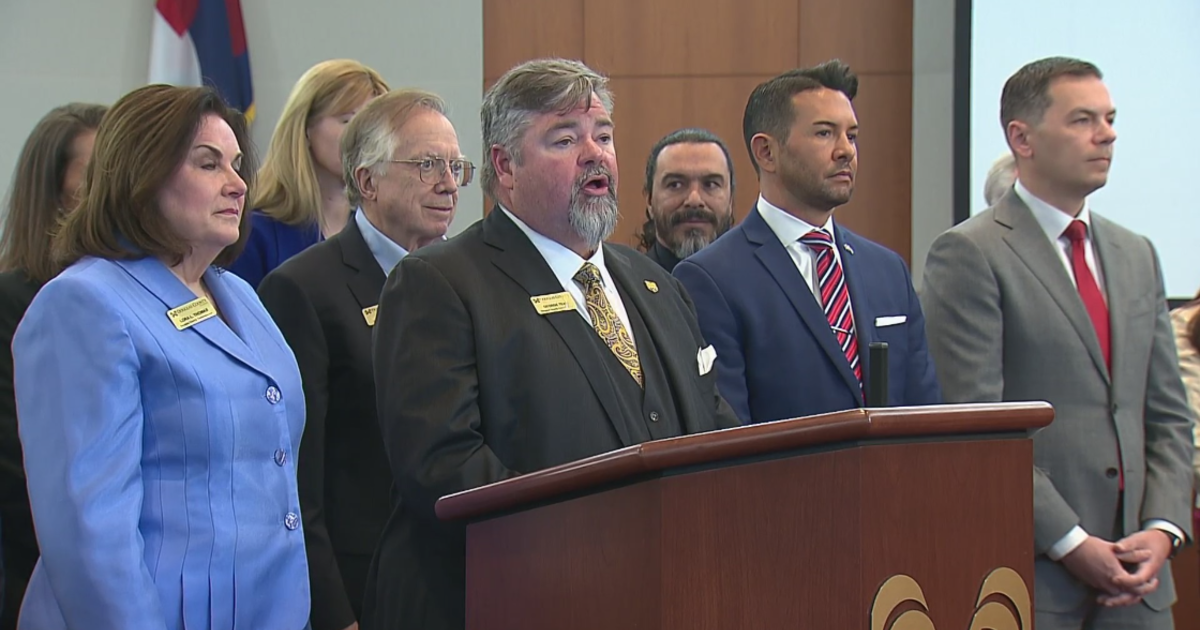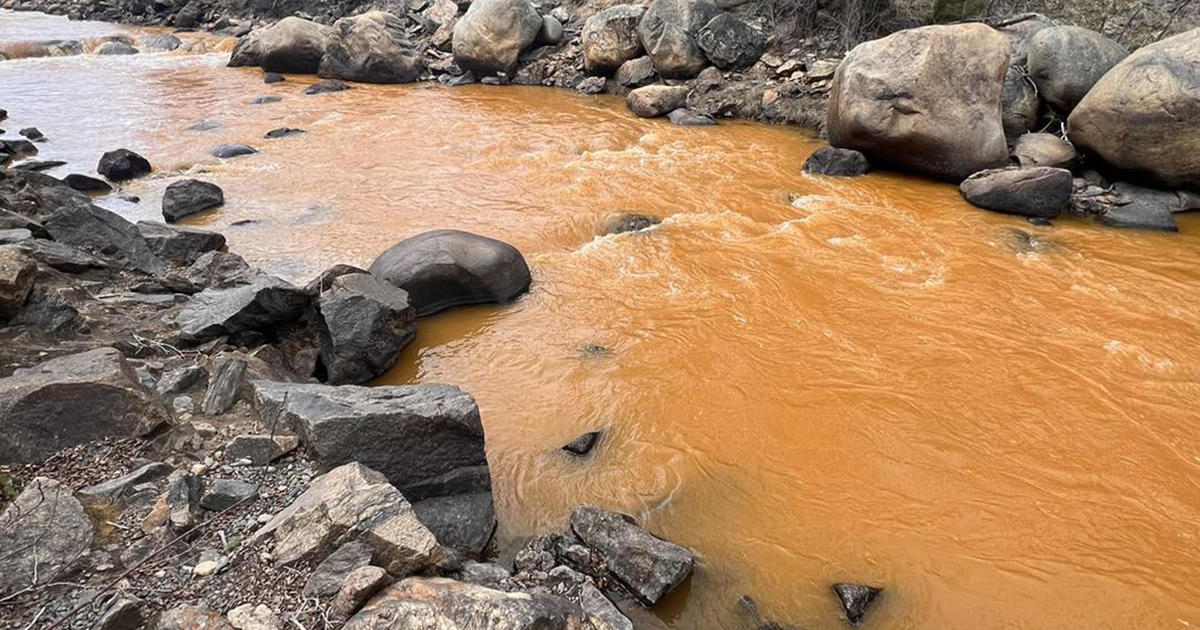Authorities Cracking Down On Illegal Camping In Durango Area
(AP) - Local and federal authorities are joining forces to crack down on illegal camping in southwestern Colorado, a growing problem highlighted by a series of bear attacks on campers in Durango.
This week, Colorado Parks and Wildlife officials were able to use DNA evidence to conclude that the bear killed after it attacked Joshua Barber on May 31 at a camp near the Durango Tech Center was the same animal that attacked two others in the area on May 23. Officials say food and trash strewn there likely attracted the bear, and its previous success in getting food likely encouraged it to return.
Durango and surrounding La Plata County has plenty of public open space and forest land owned by the city, county, state and federal governments. No camping is allowed on city and county open space and, on U.S. Forest Service land, people are only allowed to camp on one spot for 14 days at a time. After that, campers have to move to another spot at least 3 miles away.
Land managers say they started noticing a rise in the number of people living semi-permanently in campsites last summer and the numbers have grown this year, though statistics weren't immediately available. No one is sure what is behind the increase.
Some campers have lost their jobs, but others seem to be traveling through the area or have picked it as a temporary home, city parks director Cathy Metz said. Code enforcement officials have noticed that many of them are younger men dealing with alcohol and drug abuse, she said.
In nearby San Miguel County, Sheriff Bill Masters is outraged after finding several trashed camping sites filled with human waste, beer cans and other garbage on public and private land around Telluride this spring. While people in the scenic and pricey ski resort town have long turned a blind eye to people who have camped long term to save money on rent, the mood is beginning to turn against a new group of illegal campers whom he said generally aren't working and are abusing drugs and alcohol.
"They have no respect for our environment," said Masters, who recently worked with volunteers to fill up 400 bags of trash from a camp site up a steep slope from town. The bags will be hauled down by helicopter when the weather clears.
In Durango, rangers patrolling city-owned open spaces are on the lookout for long-term camping sites and tips from hikers. They work with city code enforcement officials to notify campers that they need to move out within 48 hours, Metz said. If they don't, city workers will remove the campsites, which Metz says pose the danger of starting wildfires.
The Forest Service has also stepped up enforcement of the 14-day camping limit and on May 29, closed one area north of the city to camping because it was spending so much time cleaning up trash left by campers, district ranger Matt Janowiak said.
If someone appears to be camping long term, Janowiak said rangers try to educate them about the rules first and will check on them again after 14 days. Most leave rather than risk a $250 fine, he said. However, this week when a ranger checked on the spot now closed to camping, he arrested one camper wanted for a crime.
"We're not just out to issue numbers of tickets. We do want to give people every chance to recreate on the public lands," Janowiak said.
He said the Forest Service is working with the city and county as well as the Bureau of Land Management through a homeless coalition to make sure each one knows what the other is doing with an eye toward deeper solutions to the problem.
- By Colleen Slevin, AP Writer
(© Copyright 2015 The Associated Press. All Rights Reserved. This material may not be published, broadcast, rewritten or redistributed.)




